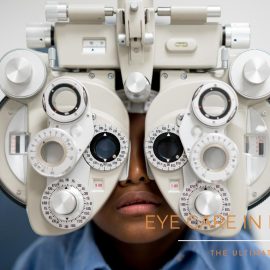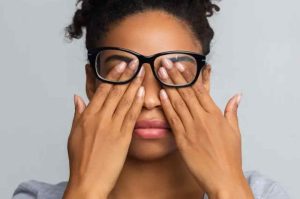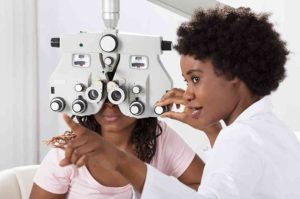The Ultimate Guide to Eye Care in Lagos, Nigeria
With the hustle and bustle of everyday life in Lagos, it can be easy to overlook the importance of caring for your eyes. However, maintaining healthy vision is essential for overall well-being and quality of life. In this ultimate guide, we will explore how to find the best eye specialist in Lagos, common eye conditions in Nigeria, tips for maintaining healthy vision, the importance of regular eye exams, and the various eye care services available in the bustling city. Let’s delve into the world of eye care in Lagos and discover how you can prioritize your vision health.

Finding the Best Eye Specialist in Lagos
Researching online reviews and recommendations can help narrow down the search for a reputable eye specialist in Lagos.
Asking for referrals from family and friends who have received eye care in Lagos can also lead to finding a reliable eye specialist.
Checking the qualifications and experience of a potential eye specialist is essential to ensure quality care.
Common Eye Conditions in Nigeria
– Cataracts and glaucoma are among the most prevalent eye conditions in Nigeria, affecting a large portion of the population.
– Refractive errors such as myopia and hyperopia are also common eye conditions that can be corrected with glasses or contact lenses.
– Regular eye check-ups can help detect and manage common eye conditions early to prevent vision loss.
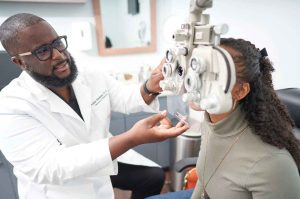
Tips for Maintaining Healthy Vision
Eating a balanced diet rich in vitamins and nutrients, such as leafy greens and fish high in omega-3 fatty acids, can promote eye health.
Protecting your eyes from harmful UV rays by wearing sunglasses outdoors and taking breaks from screen time can help prevent eye strain and damage.
Avoiding smoking and maintaining a healthy lifestyle, including regular exercise, can contribute to overall eye health and well-being.
Importance of Regular Eye Exams
Regular eye exams are crucial for detecting vision problems early, allowing for timely intervention and treatment to prevent further complications.
Eye exams can also help monitor eye conditions such as glaucoma and diabetic retinopathy, which may not present noticeable symptoms in the early stages.
Children should have their first eye exam at six months of age, followed by regular check-ups to ensure healthy vision development.

Eye Care Services Available in Lagos
Lagos offers a range of eye care services to meet the diverse needs of its residents. Whether you need a comprehensive eye exam, prescription eyewear fittings, or treatment for specific eye conditions, Lagos has you covered.
- Comprehensive Eye Exams: Eye care facilities in Lagos provide thorough eye exams to evaluate your vision and overall eye health. These exams can detect vision problems early and help monitor existing eye conditions.
- Prescription Eyewear Fittings: If you require glasses or contact lenses, experienced professionals in Lagos can assist you in finding the right prescription eyewear for your needs.
- Treatment for Eye Conditions: From cataracts and glaucoma to dry eyes and other eye conditions, Lagos offers treatment options to address various eye health issues.
- LASIK Surgery: For those seeking vision correction without the need for glasses or contact lenses, specialized services like LASIK surgery are available in Lagos.
- Pediatric Eye Care: Children’s eye health is also a priority in Lagos, with specialized services tailored to meet the unique needs of young patients.
Eye care facilities in Lagos are equipped with advanced technology and staffed by experienced eye care professionals to provide quality and personalized care to all patients.
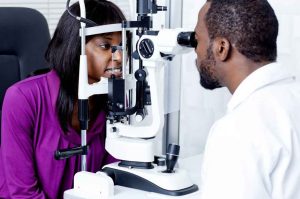
Conclusion
In conclusion, taking care of your eyes is essential for maintaining good vision and overall well-being. By finding the best eye specialist in Lagos, staying informed about common eye conditions in Nigeria, following tips for maintaining healthy vision, scheduling regular eye exams, and utilizing the available eye care services in Lagos, you can ensure optimal eye health for yourself and your family. Remember, your eyes are precious, so make sure to prioritize their care and seek professional help when needed. Here’s to healthy eyes and clear vision in Lagos, Nigeria!

